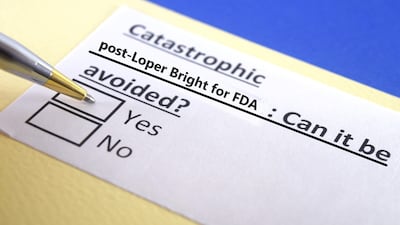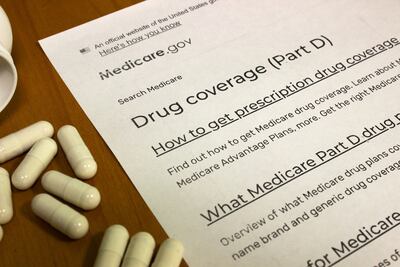If you want to pick a date to mark the end of the blockbuster drug era, December 1, 2011 is probably the right choice.
That is the day when Ranbaxy Pharmaceuticals Inc. launched the first “true” generic version of Pfizer Inc.’s cholesterol lowering drug Lipitor (atorvastatin). A generic actually became available the...
Read the full article – start your free trial today!
Join thousands of industry professionals who rely on Pink Sheet for daily insights
- Start your 7-day free trial
- Explore trusted news, analysis, and insights
- Access comprehensive global coverage
- Enjoy instant access – no credit card required
Already a subscriber?







